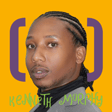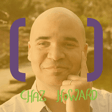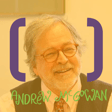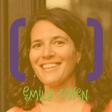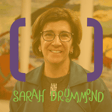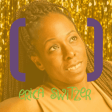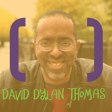
Eréndira Jiménez Esquinca: embrace grief, embrace change, embrace love
How do you stay true to yourself when love and relationships change? Whether it’s romantic love, spiritual love, or friendship love, Eréndira Jiménez Esquinca is gently figuring it out.
Eréndira talks about redefining her relationship with Christianity, listening to the body, paying attention to grief, and following love — wherever it leads. We chat about her work with Spirit School of building a container where the work of decolonizing Christianity can happen.
CONTENT WARNING: grief, loss, trauma, divorce, Christian hegemony
Check out Eréndira’s website: erendirajimenez.com
Check out Spirit School, her principal work in decolonization: spiritschool.us
Check out her podcast, I Don’t Know… https://open.spotify.com/show/1Swt8rGKi4Rng32WvSnDEe?si=26b2448b54eb442a
Follow her on IG: www.instagram.com/_erendira_
Follow Spirit School on IG: www.instagram.com/_spiritschool_
(un)common good with pauli reese is produced in Southwest Philadelphia, on the unceded land of the Lenni Lenape tribe and the Black Bottom Community.
Check us out on Instagram and TikTok: @uncommongoodpod
Subscribe to our YouTube Channel: youtube.com/@uncommongoodpod
we chat to ordinary people doing uncommon good in service of our common humanity.
We are creating community that builds relationships across difference by inviting dialogue about the squishy and vulnerable bits of life.
thanks for joining us on the journey of (un)common good!
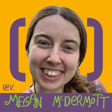
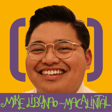

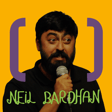
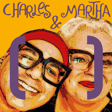
![BONUS: [moim] Gathering, David Rubenstein Atrium at Lincoln Center image](https://media.zencastr.com/cdn-cgi/image/width=112,quality=85/image-files/62b64321a33e0c0035b4bc2e/a5bd46bd-6072-4365-94bb-c1391a3e5105.jpeg)



